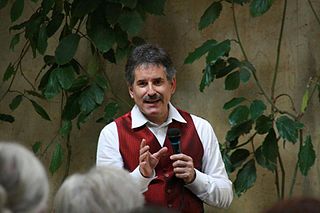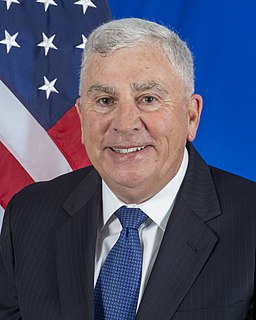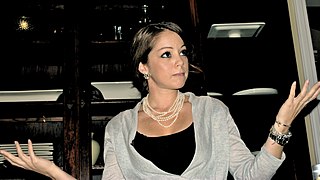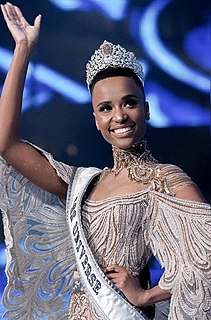A Quote by Andrew Cohen
We have been very conditioned by the cultures that we come from and are usually very identified with the particular gender that we happen to be a member of.
Quote Topics
Related Quotes
Some people are very identified, say with their country or maybe with their worshipping style , whatever it is. All these misidentifications have to be given up. It is very difficult for people because they are so conditioned and as long as you have conditioning you cannot rise above your mind, which is a myth, you cannot.
There seems also to be a tremendous risk to indigenous cultures if we insist that all scholarship be conducted in English. We are, for example, dealing with ancient and very highly-developed cultures in Korea, Japan, China and the Middle East. What is the impact on cultural and scholarly vitality forcing everyone to do their work in English? I do not have an answer, but this issue has been very much on my mind.
I am very, very proud I am also Turkish and both of my parents are from Turkey. I was born in Germany and grew up there. By playing football, I learned my different cultures, and that is an advantage if you grow up as a person. You get a different view on certain things. I am very, very thankful I was able to pick the best from many cultures.
There's a particular quality that those of us who live on the border share; we can switch from being Mexican to being American in an instant just by scanning our surroundings. Not everybody has this superpower; it takes a very specific kind of upbringing to instill a deep pride in two very different cultures.
Los Cabos has been an amalgam of many cultures that have been coming here. There have been beautiful Jesuit missions for example, in many places around this area. The towns are incredible. But there is a very strong Mexicanized culture here that exists because people from different parts of Mexico have come to live here.
Is there an aesthetic "fit" in my work between God and the world? The "I' in my poems has from the beginning identified himself as Catholic, and my books certainly can be read as presenting a Catholic theology "in a very particular sense." Catholicism is a faith morally identified with the human struggle for human dignity and justice. It is a vision of the world incarnationally rooted in the senses, a faith of and in spoken and written words - Scripture, "the Word of God," the Logos.




































